Critical Thinking Worksheets 8th Grade Science
Critical thinking is an essential skill that every 8th grade science student should develop. One effective way to nurture this skill is through the use of worksheets. Designed to challenge and engage learners, these worksheets provide a variety of activities and questions that delve deep into the subject matter. By encouraging analysis, problem-solving, and creative thinking, these worksheets empower students to become independent learners and critical thinkers.
Table of Images 👆
What is the scientific method?
The scientific method is a systematic approach used by scientists to investigate the natural world, which involves making observations, forming a hypothesis, conducting experiments, analyzing data, and drawing conclusions. It is a structured process that aims to minimize bias and subjectivity in research, ultimately leading to reliable and reproducible results.
How do you distinguish between observations and inferences?
Observations are statements based on direct evidence or data that can be seen, heard, touched, or smelled. Inferences, on the other hand, involve drawing conclusions or making interpretations based on observations, reasoning, and prior knowledge. Observations are objective and based on factual information, while inferences are subjective and involve making deductions or assumptions.
What are the different types of variables in an experiment?
In an experiment, there are typically three types of variables: independent variables, dependent variables, and control variables. Independent variables are manipulated by the researcher to observe the effect on the dependent variable, which is the outcome being measured. Control variables are kept constant to ensure they do not influence the relationship between the independent and dependent variables.
What is the difference between accuracy and precision in measurements?
Accuracy refers to how close a measured value is to the true or accepted value, while precision is the consistency or repeatability of measurements. In other words, accuracy indicates how well a measured value reflects the actual quantity being measured, whereas precision relates to the amount of variation that occurs when measurements are repeated.
What are the ethical considerations in scientific research?
Ethical considerations in scientific research involve ensuring the well-being, rights, and privacy of all participants involved in studies. Researchers must obtain informed consent, avoid potential harm, maintain confidentiality, and disclose any conflicts of interest. Additionally, they must uphold standards of transparency, accuracy, and honesty in reporting results and data. It is crucial for researchers to adhere to ethical guidelines and regulations to safeguard the integrity and credibility of their work and to protect the rights and welfare of their subjects.
How does bias affect the validity of scientific conclusions?
Bias can significantly impact the validity of scientific conclusions by influencing the selection of data, interpretation of results, and overall conclusions drawn from a study. Whether it is confirmation bias, where researchers seek out evidence that supports their preconceived beliefs, or publication bias, where only studies with positive results are published, bias can skew the findings and lead to inaccurate conclusions. Additionally, biases can also affect the way studies are designed, conducted, and analyzed, potentially compromising the integrity and reliability of the scientific process.
How can you evaluate the credibility of scientific sources?
To evaluate the credibility of scientific sources, consider factors such as the author's expertise and qualifications in the field, the reputation of the publication or journal in which the research was published, whether the research has been peer-reviewed by other experts in the field, the presence of citations and references to other reputable sources, and any conflicts of interest that could potentially bias the research. Additionally, examining the methodology, sample size, and limitations of the study can also help determine the reliability of the scientific source.
What is the importance of peer review in scientific research?
Peer review is crucial in scientific research as it helps maintain the quality and integrity of research findings. It ensures that research is scientifically sound, free from bias, and meets the standards of the scientific community. By having experts in the field evaluate research before publication, peer review helps to identify errors, improve the study design, and validate the research findings, ultimately contributing to the credibility and reliability of scientific knowledge.
How do you determine cause and effect relationships in experiments?
To determine cause and effect relationships in experiments, researchers typically use controlled experiments where they manipulate one variable (independent variable) to observe the effect on another variable (dependent variable). By keeping all other factors constant, researchers can confidently attribute any changes in the dependent variable to the manipulation of the independent variable. Additionally, random assignment of participants to different groups further strengthens the ability to draw conclusions about cause and effect relationships in experiments.
Why is it important to use critical thinking skills when analyzing scientific data?
It is crucial to use critical thinking skills when analyzing scientific data because it helps in making informed and reliable decisions based on evidence. Critical thinking allows for evaluating the validity, credibility, and significance of the data, leading to more accurate interpretations and conclusions. Without critical thinking, there is a risk of misinterpreting or misunderstanding the data, which can result in faulty conclusions and potentially misleading information.
Have something to share?
Who is Worksheeto?
At Worksheeto, we are committed to delivering an extensive and varied portfolio of superior quality worksheets, designed to address the educational demands of students, educators, and parents.





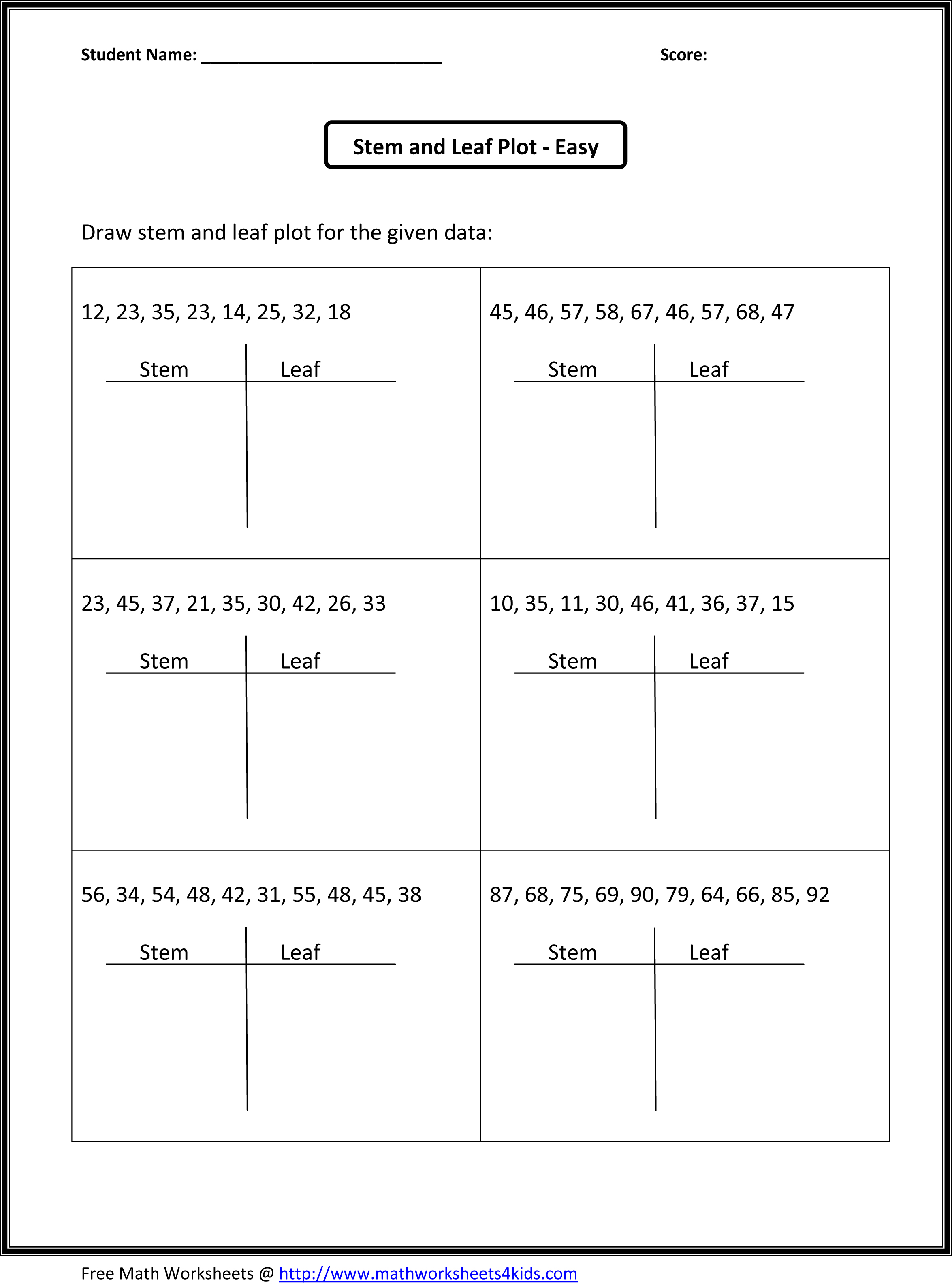
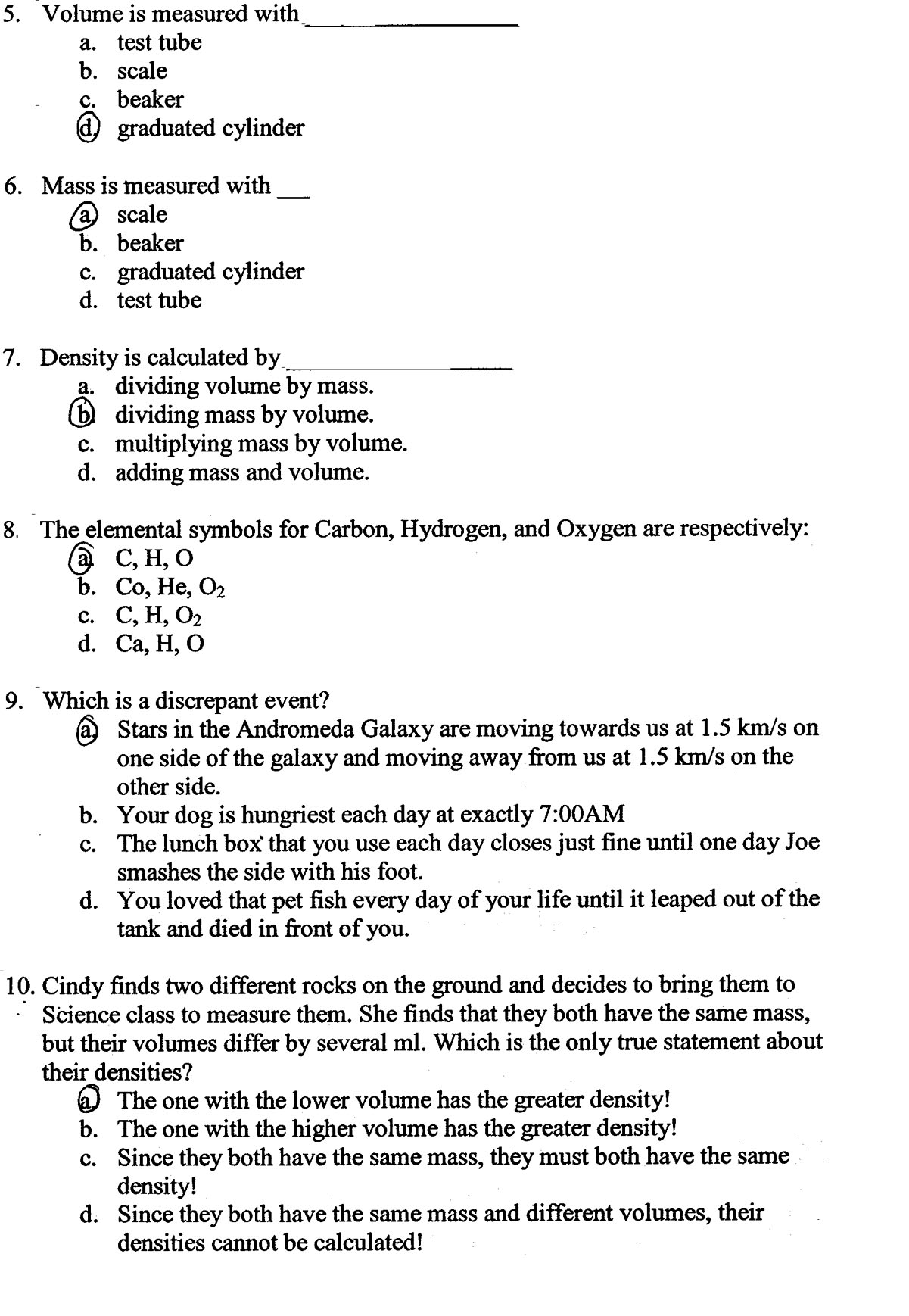
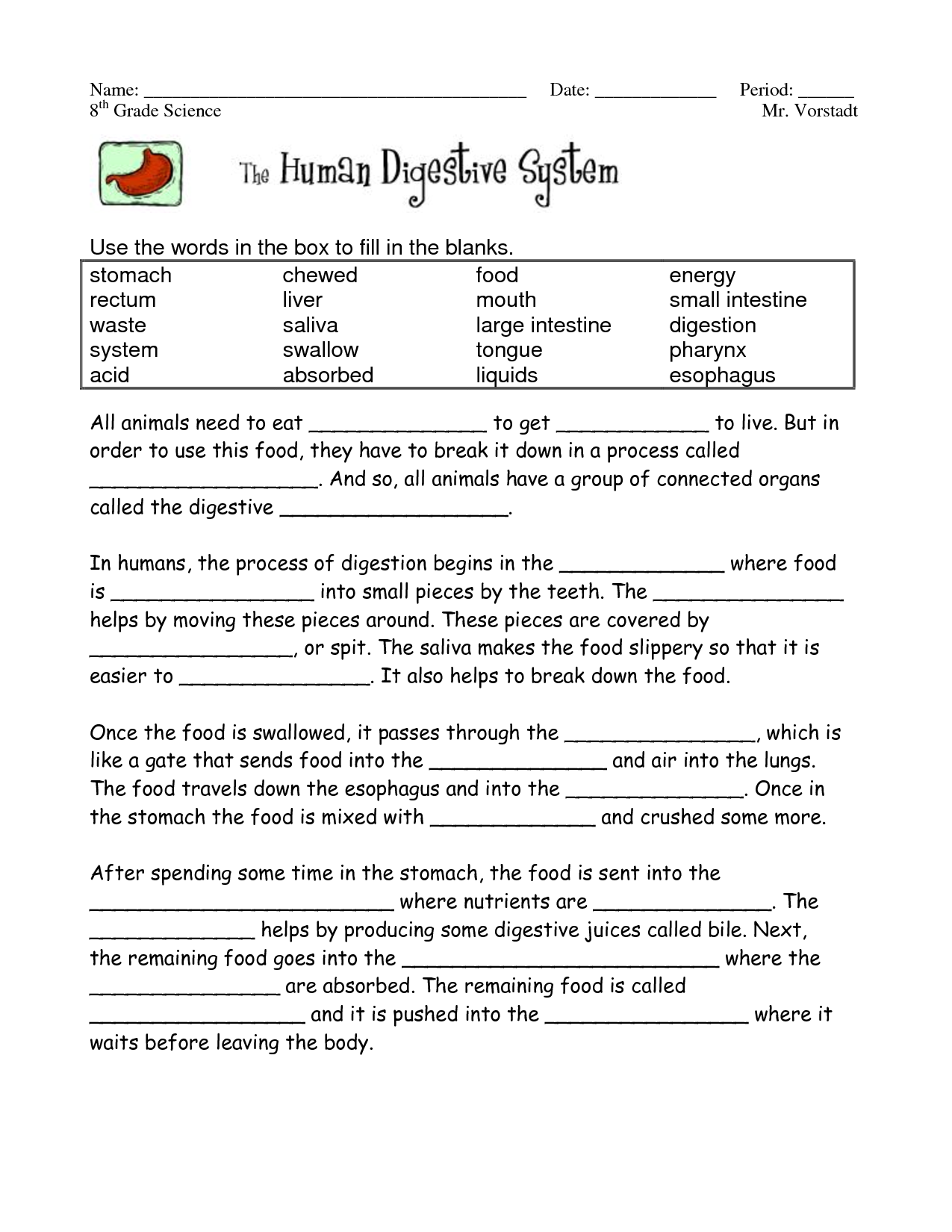
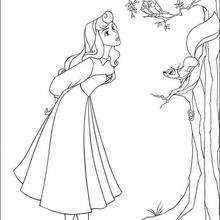
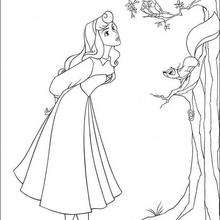
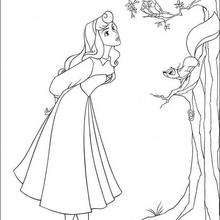


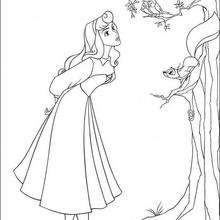
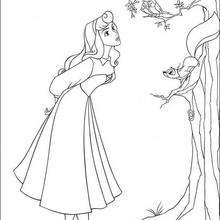

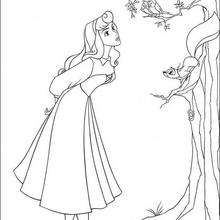
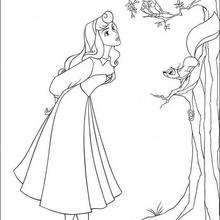

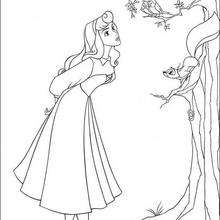
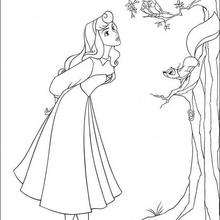
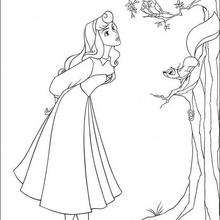
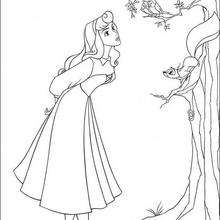








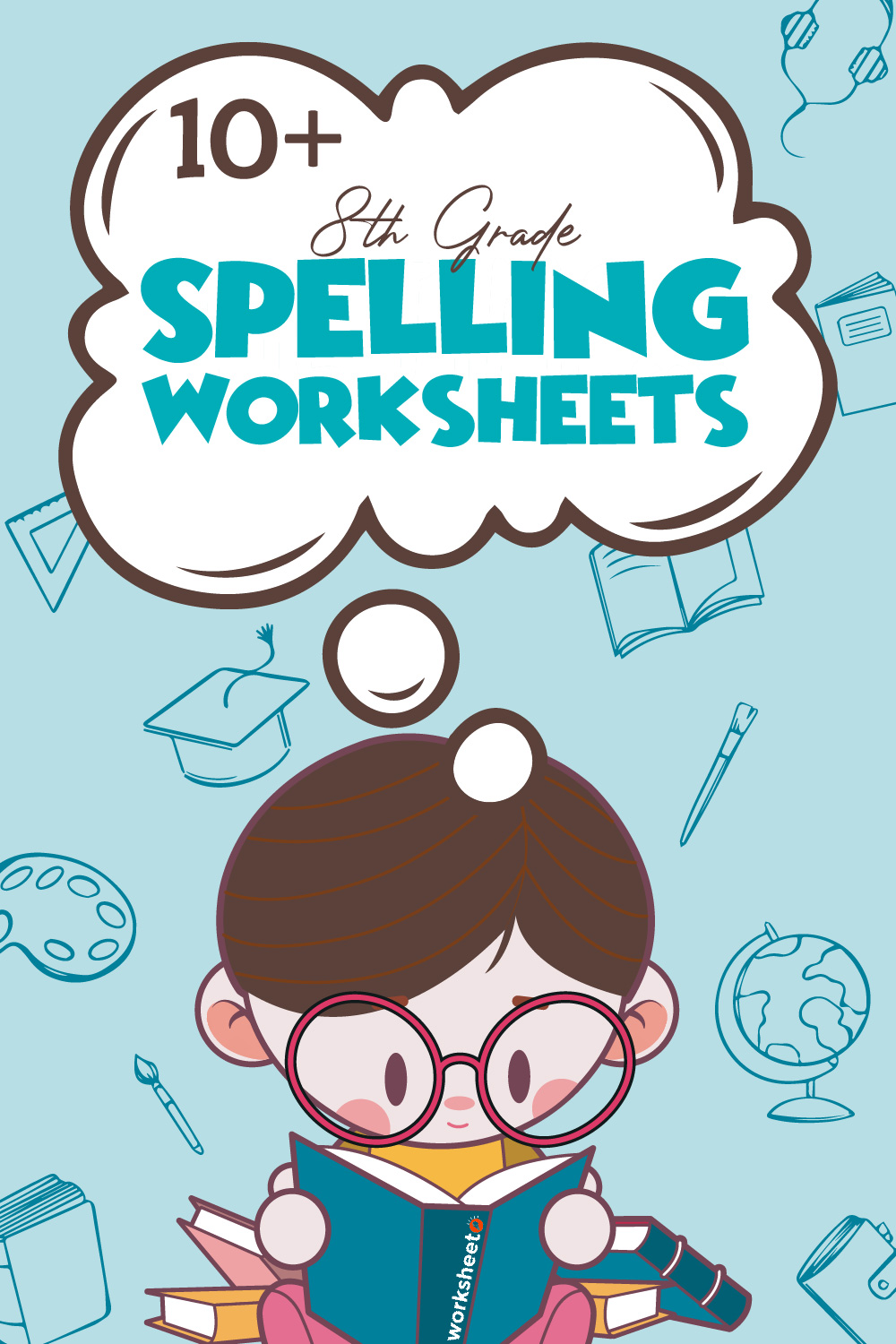
Comments